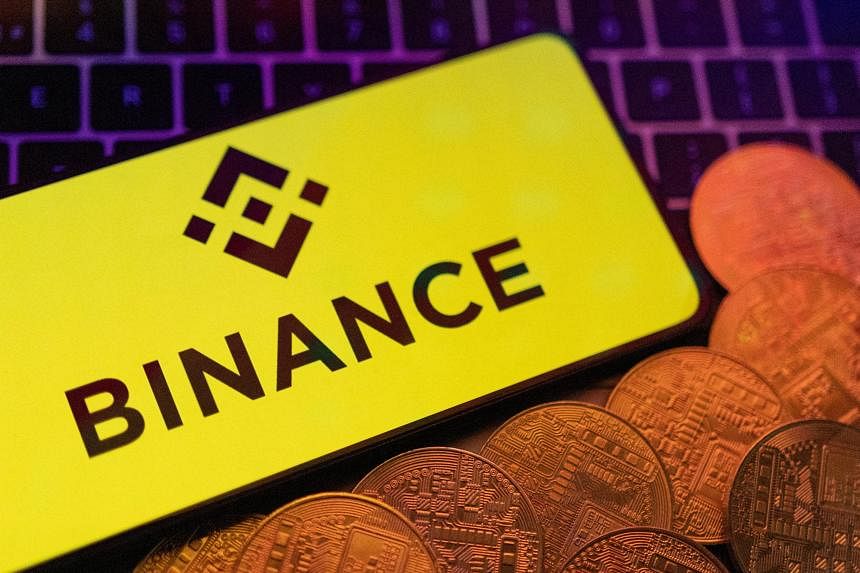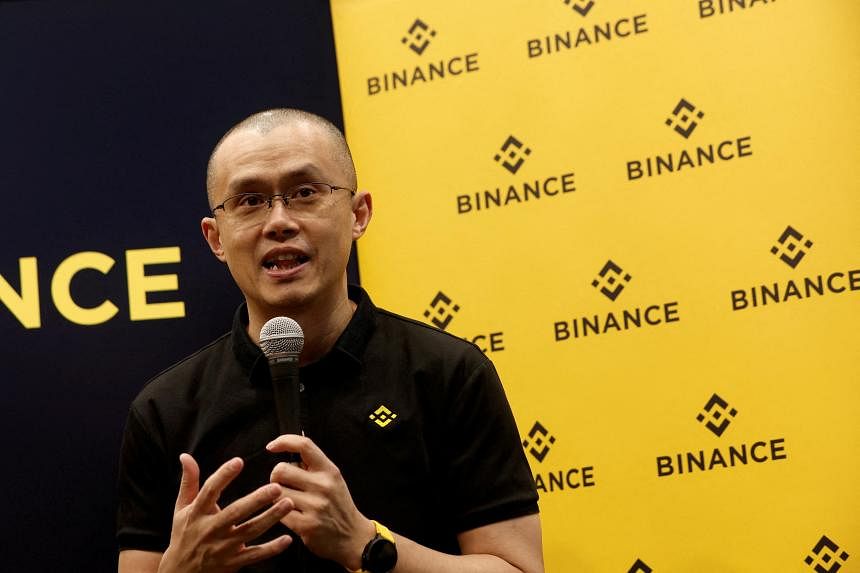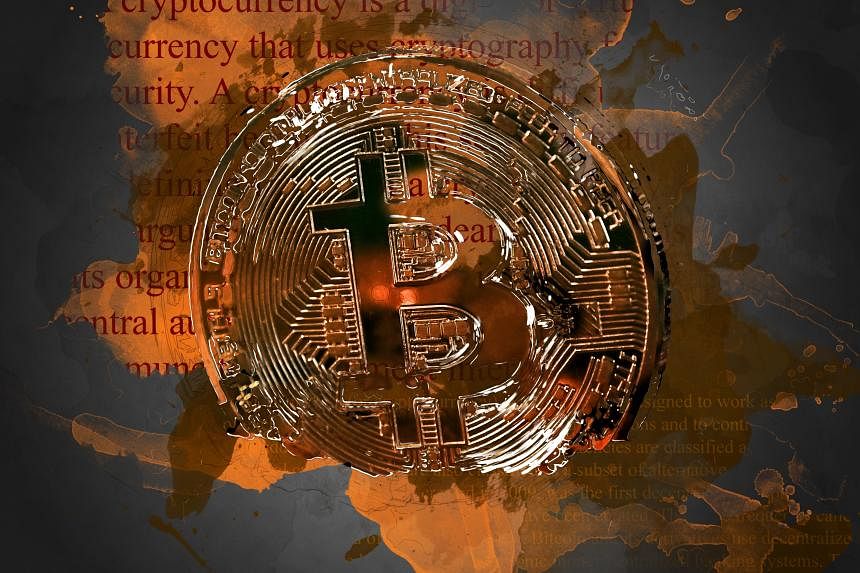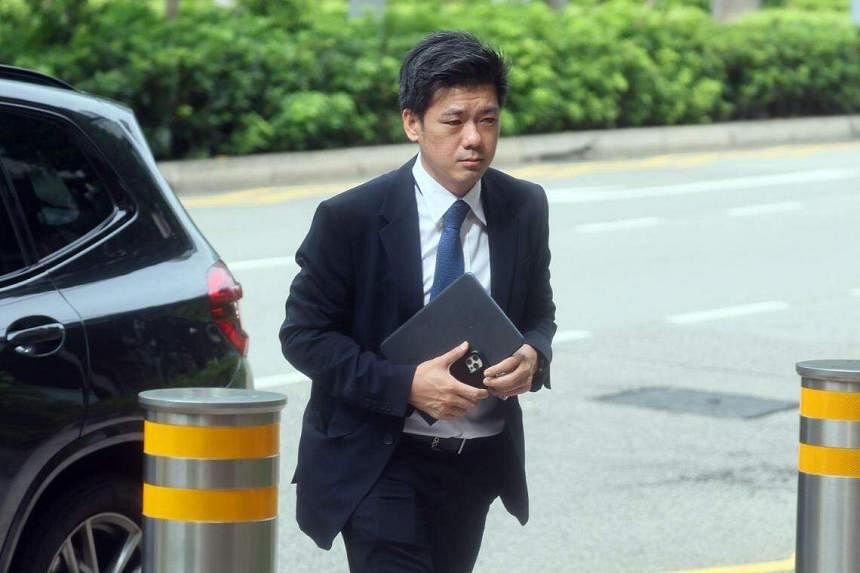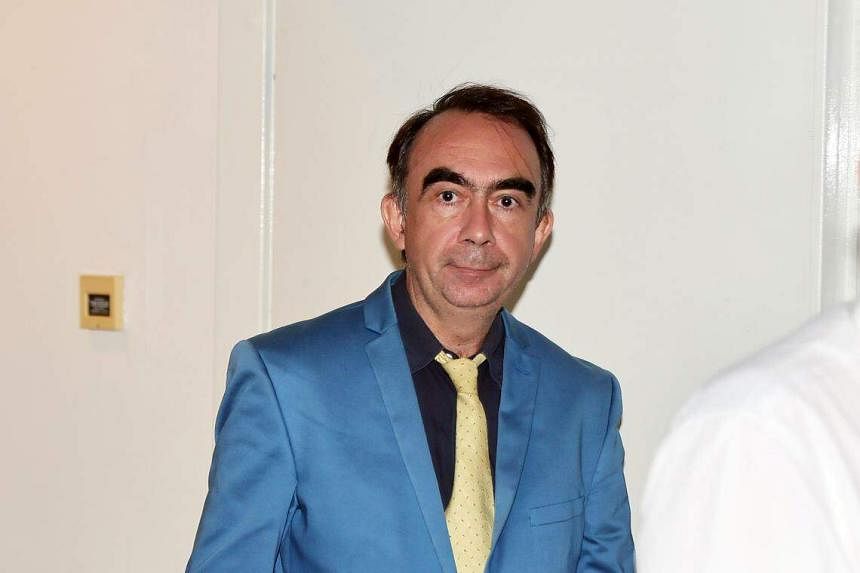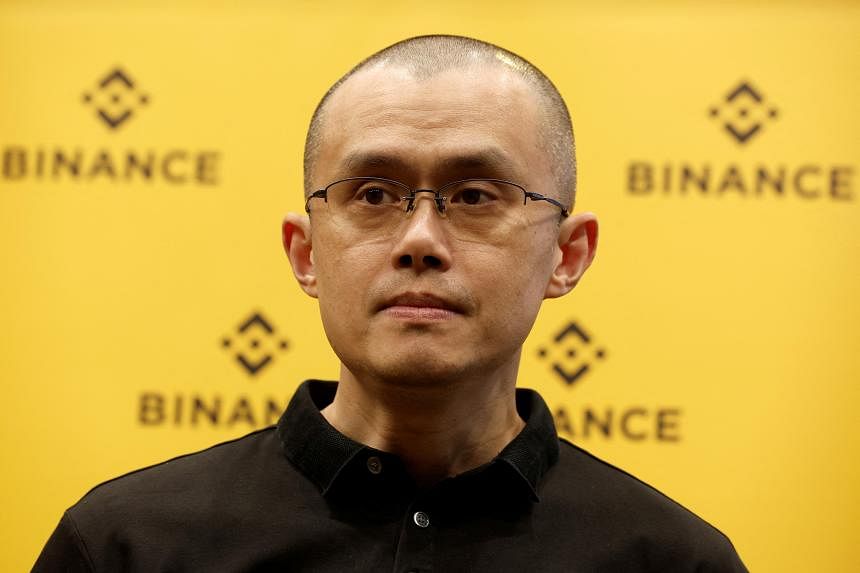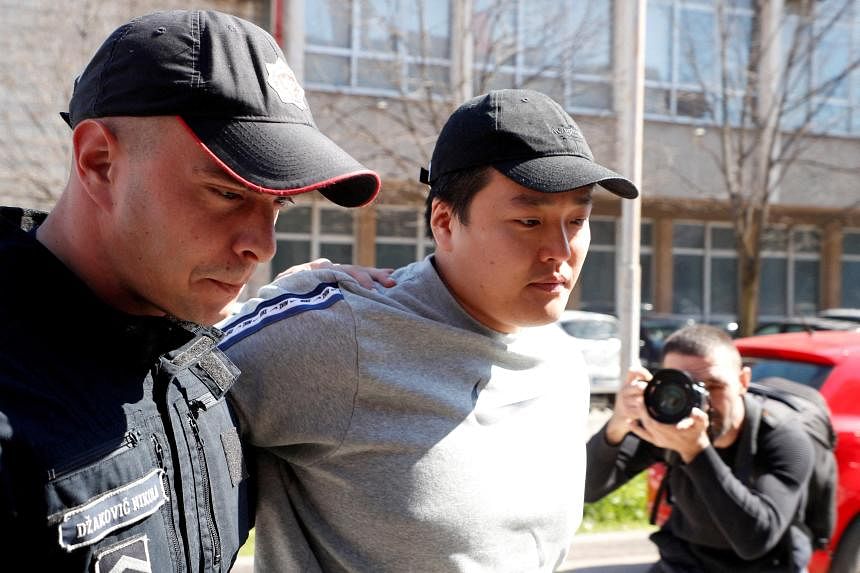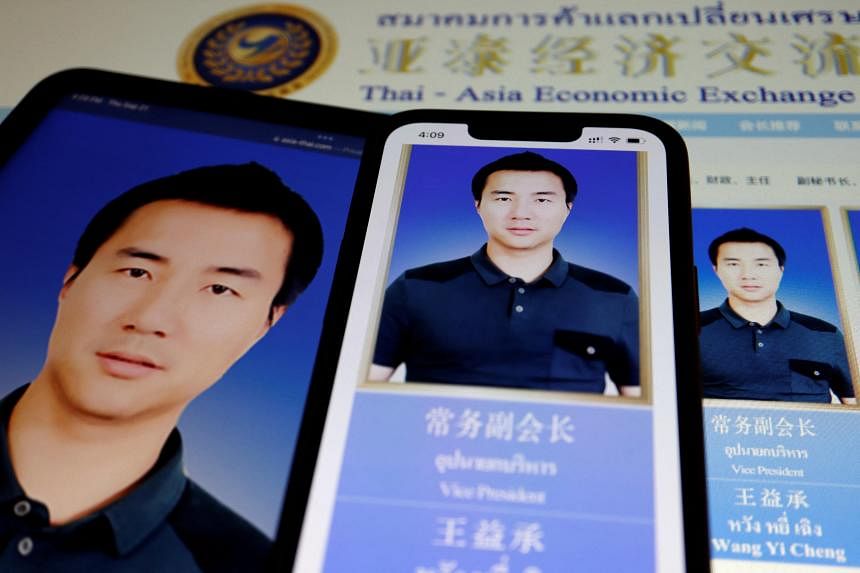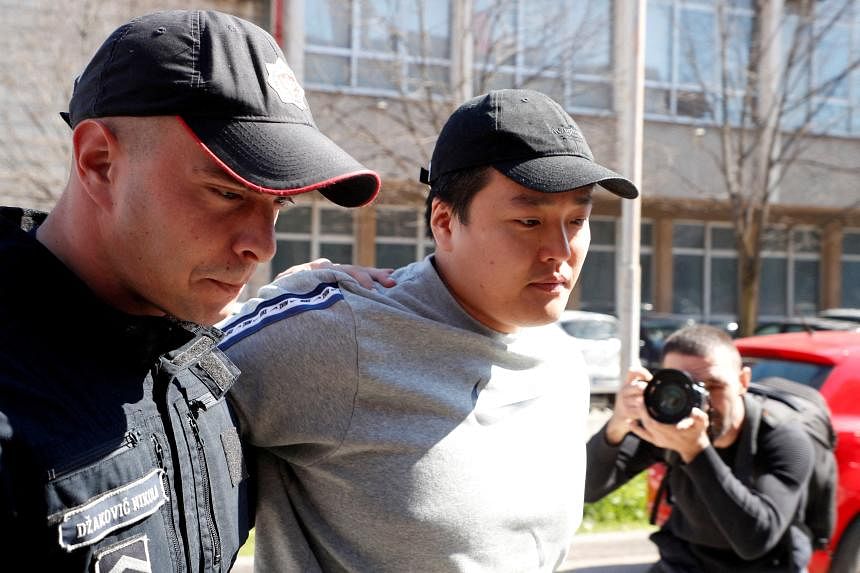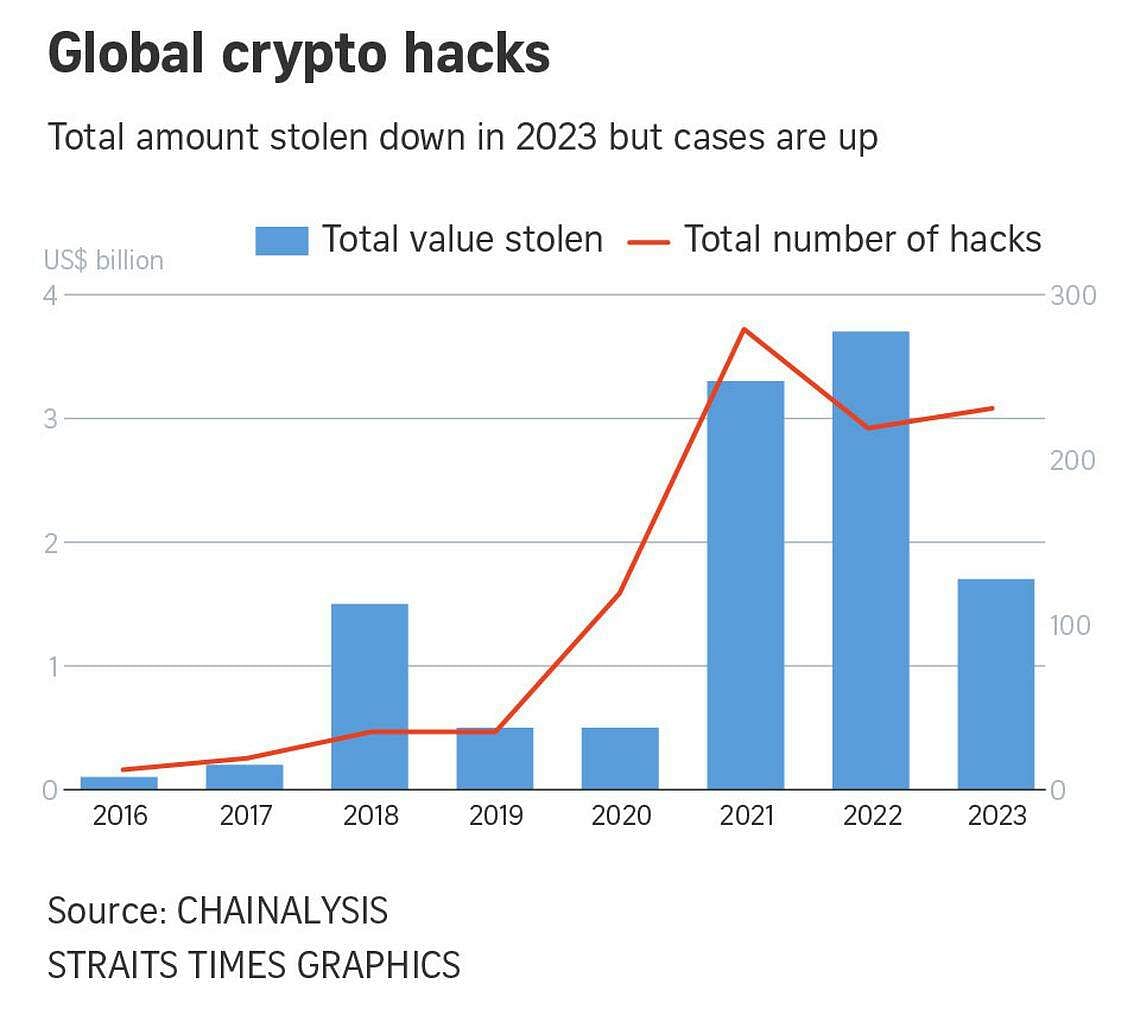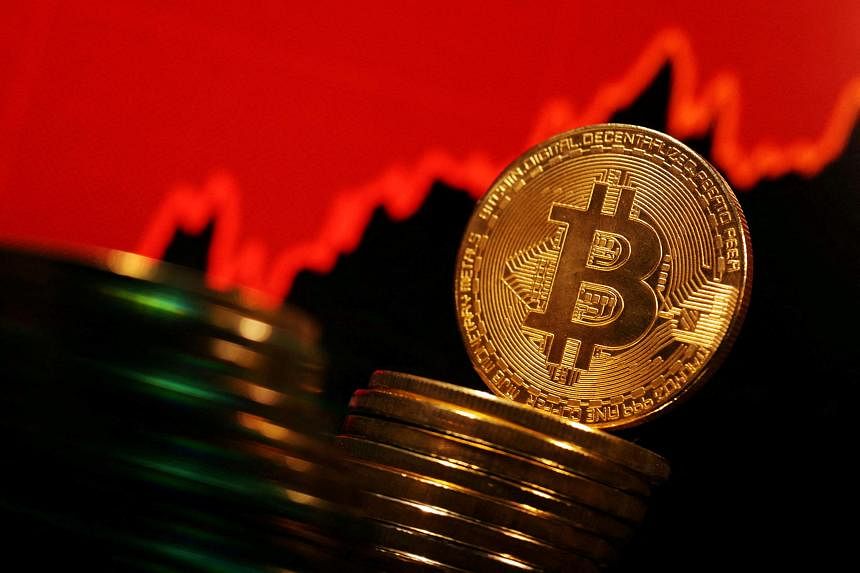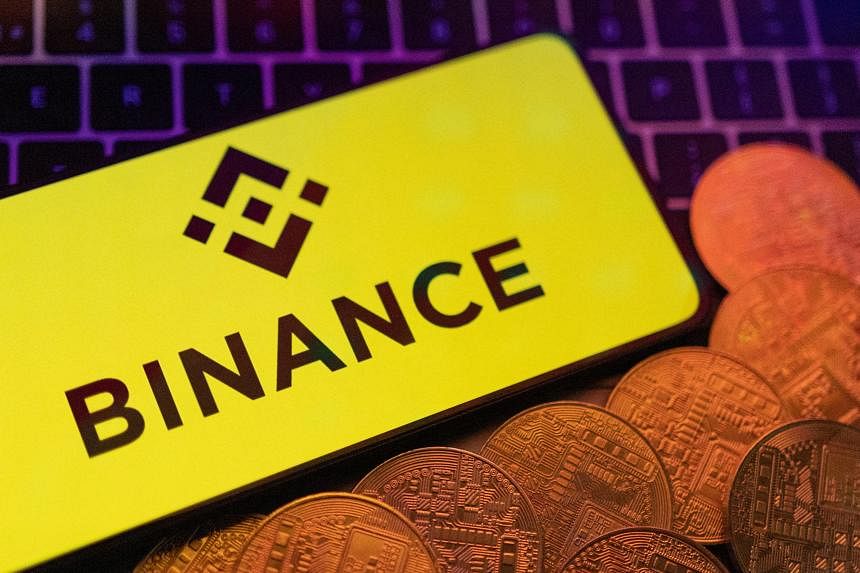- Joined
- Jul 25, 2008
- Messages
- 13,542
- Points
- 113
Binance CEO pleads guilty amid US illicit finance probe; S’porean ex-chief compliance officer charged
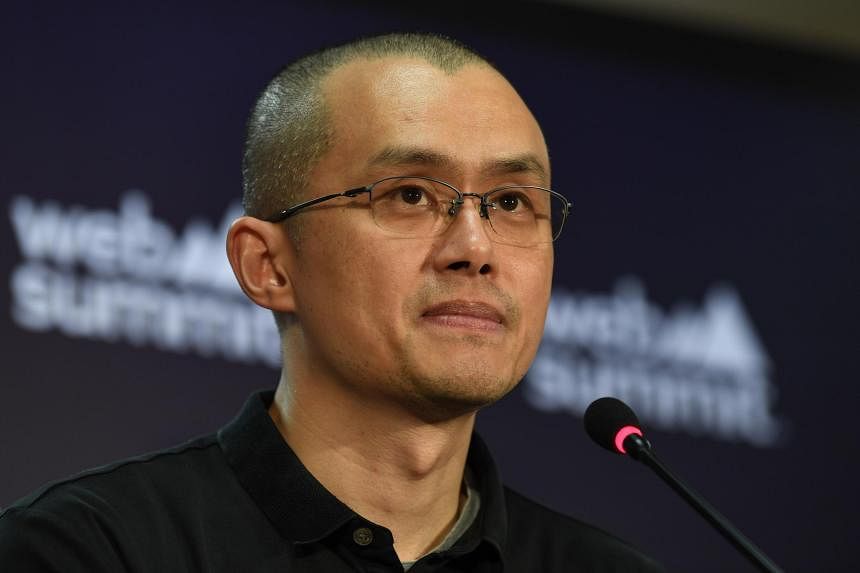
Binance chief Zhao Changpeng's exit marks a dramatic development for the China-born mogul and for Binance. PHOTO: BLOOMBERG
NOV 22, 2023
NEW YORK – Binance chief Zhao Changpeng has stepped down and pleaded guilty to breaking US anti-money laundering laws as part of a US$4.3 billion (S$5.8 billion) settlement resolving a years-long probe into the world’s largest crypto exchange, prosecutors said on Nov 21.
The deal, which will see Zhao personally pay US$50 million, was described by prosecutors as one of the largest corporate penalties in United States history. It is another blow to the crypto industry, which has been beset by investigations, and comes on the heels of the recent fraud conviction of FTX founder Sam Bankman-Fried.
“By failing to comply with US law, Binance made it easy for criminals to move their stolen funds and illicit proceeds on its exchanges,” US Attorney-General Merrick Garland said on Nov 21. “Binance also did more than just fail to comply with federal law. It pretended to comply.”
Some of the charges, which are both criminal and civil, relate to practices that Reuters reported first in a series of articles in 2022.
The deal with the Department of Justice (DOJ) is part of a larger settlement between the exchange and other US agencies, including the Commodity Futures Trading Commission (CFTC) and the Treasury Department, the agencies said.
The agreement will resolve criminal charges that Binance conducted an unlicensed money transmitter business, undertook conspiracy and breached sanctions regulations, the DOJ said.
Binance’s former chief compliance officer Samuel Lim, a Singaporean, was charged by the CFTC with violating the Commodity Exchange Act and wilfully aiding and abetting Binance’s numerous violations of the Act.
The CFTC on its website said Lim has agreed to pay US$1.5 million to settle the charges. The proposed settlement is subject to court approval.
Binance itself will pay US$1.81 billion within 15 months, and a further US$2.51 billion forfeiture as part of the deal, prosecutors said.
“Today, I stepped down as CEO of Binance,” Zhao said in a post on X after the settlement was announced. “Admittedly, it was not easy to let go emotionally. But I know it is the right thing to do. I made mistakes, and I must take responsibility. This is best for our community, for Binance, and for myself.”
Zhao pleaded guilty in a Seattle court on Nov 21 afternoon, The Seattle Times reported. It described him sitting in court with three attorneys. Zhao’s plea agreement does not contemplate prison time, court papers show.
While the authorities have probed Zhao and Binance for years, Zhao’s exit marks a dramatic development for the mogul, one of the most powerful figures in the crypto industry, and for Binance. The deal raises questions over the future of the crypto exchange, which has been tightly run by Zhao since he founded the company in 2017.
Mr Richard Teng, a Singaporean and long-time Binance executive, will take over at Binance, Zhao said. Mr Teng is a former director of corporate finance at the Monetary Authority of Singapore, and was also chief regulatory officer at the Singapore Exchange.
Binance said in a statement: “These resolutions acknowledge our company’s responsibility for historical, criminal compliance violations, and allow our company to turn the page on a challenging yet transformative chapter of learning and growth.”
Mr Teng said in a statement that his focus will be on “reassuring users that they can remain confident in the financial strength, security and safety of the company” as well as collaborating with regulators and working with partners to drive growth.
Neither Lim nor his lawyers immediately responded to requests for comment.
‘Potentially illegal’
Binance has been under the DOJ’s scrutiny since at least 2018, Reuters reported in 2022, just one of a string of legal headaches it faces in the US.Federal prosecutors at the agency asked the company in December 2020 to provide internal records about its anti-money laundering efforts, along with communications involving Zhao.
The CFTC in March filed civil charges against Binance, alleging it failed to implement an effective anti-money laundering programme to detect and prevent terrorist financing. Internally, Binance officers and employees acknowledged that the platform facilitated “potentially illegal activities”, the CFTC alleged.
In February 2019, Lim received information on transactions by the Palestinian militant group Hamas on Binance, the CFTC wrote.
“(Lim) explained to a colleague that terrorists usually send ‘small sums’ as ‘large sums constitute money laundering’,” the CFTC said in its March lawsuit.
Zhao, a billionaire who was born in China and moved to Canada at the age of 12, said at the time that the CFTC’s “complaint appears to contain an incomplete recitation of facts, and we do not agree with the characterisation of many of the issues alleged”. REUTERS

